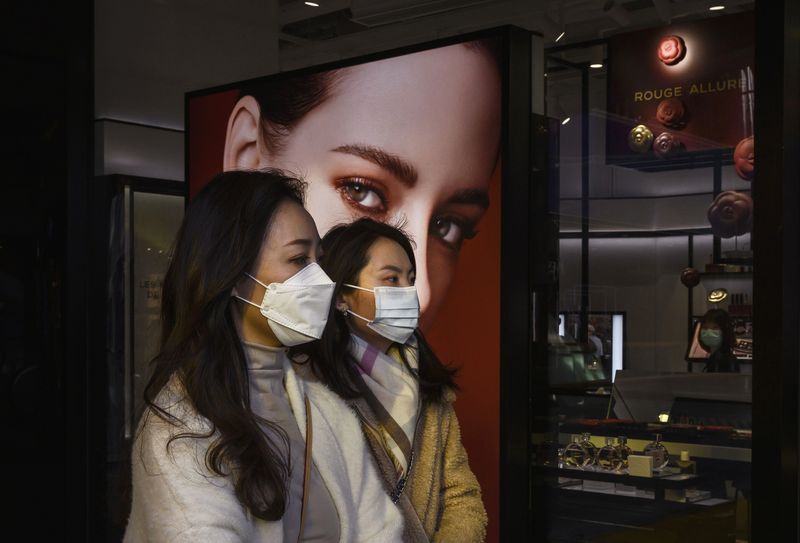
Kevin Frayer/Getty Images via Bloomberg
We mentioned the phrase “Revenge Buying” in our most recent post about how the Hermès Store in China Made a Record $2.7 Million in their First Day Open Post-Coronavirus, so we thought it pertinent to break down what the phrase actually means.
“Revenge Buying” is a phrase that originated in China in the 80’s during the cultural revolution when the country faced several restrictions with respect to exposure to the outside world. This included restrictions on access to foreign goods. When these restrictions lifted, it resulted in a huge surge in pent-up demand for these coveted goods.
The phrase has now resurfaced in China post the Coronavirus lockdown. During the two months of lockdown, a section of Chinese consumers dreamt of what they would indulge in when the lockdown lifted and clearly didn’t waste any time the moment it did! This has resulted in encouraging sales figures for the luxury sector.
Now with the lifting of the lockdown, people are stepping out to malls again but are turning to e-commerce more than ever before. Business of Fashion reports that BorderX, a cross-border e-commerce platform that connects American and European merchants such as Saks Fifth Avenue and Bloomingdales with Chinese consumers, saw a 50-70% growth in sales over the same period last year. According to Jeff Unze, president of strategic partnerships at BorderX Lab “There has been a pent-up demand and they are ready to treat themselves,” Unze added. “I don’t know whether I would call it ‘revenge buying’ but I would definitely call it ‘treat-myself-to-something-nice’ buying.”
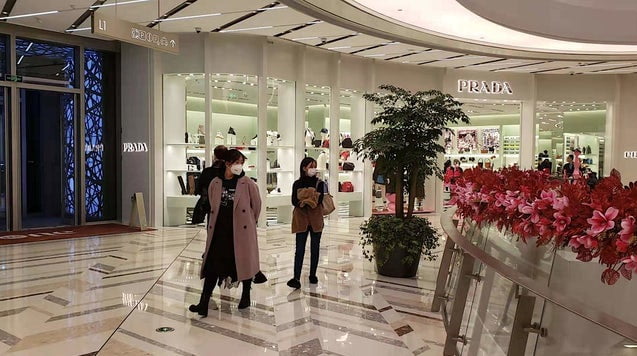
@Casey Hall via BOF
Discounts on luxury items on these sites are reportedly as good, if not better, than the Black Friday and Boxing Day Sales which is a big draw for younger aspirational millennials. A combination of pent-up demand and good deals is working well for the revival of luxury in China. However, it is important to note that most of these luxury purchases are and will continue to be the relatively lower price point categories. According to Nancy Zhang, head of partnerships in New York for BorderX, “We have a huge shortage of Hermès lipstick. Any retailer that has had it has a low allocation. We would die to have more of it. It’s so in demand, and it’s sold out everywhere,” she said – reports WWD.
What we are seeing is a phenomena similar to the “lipstick effect”. It is said that in times of economic crisis, one sees a surge in lipstick sales as it tends to be a relatively small expenditure that helps the consumer feel a little better about the existing economic conditions. In this situation, where masks are a necessary accessory, the lipstick is getting replaced by eye-shadow! Business of Fashion reports that recently when cult beauty brand Huda Beauty launched in China via Alibaba’s Tmall platform, it was the brand’s “Mercury Retrograde” eyeshadow palettes that sold like hotcakes.
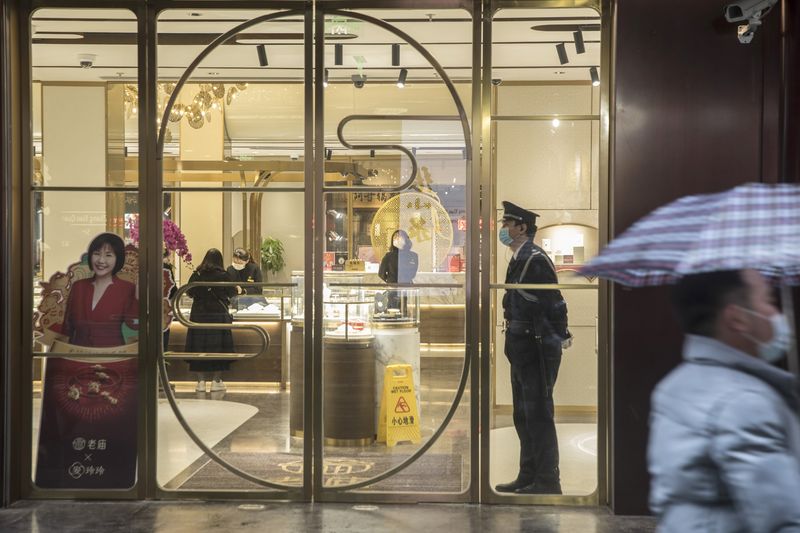
@Qilai Shen / Bloomberg
There is of course a large section of consumers who loathe the idea of splurging on any expenditures that are not necessary. Consumer confidence is running low resulting in unnecessary expenditures taking a back seat. There is also a section of buyers that are consciously looking out for more sustainable brands. It is important to be cognizant of the fact that this pent-up demand for small luxury, while great for beauty, is not likely to compensate for the estimated $45 billion loss in sales arising from the pandemic.
Stay tuned as we continue to cover the impact of the Covid-19 pandemic on the global luxury industry.
Love PurseBop
XO
Updated: April 16th, 2020



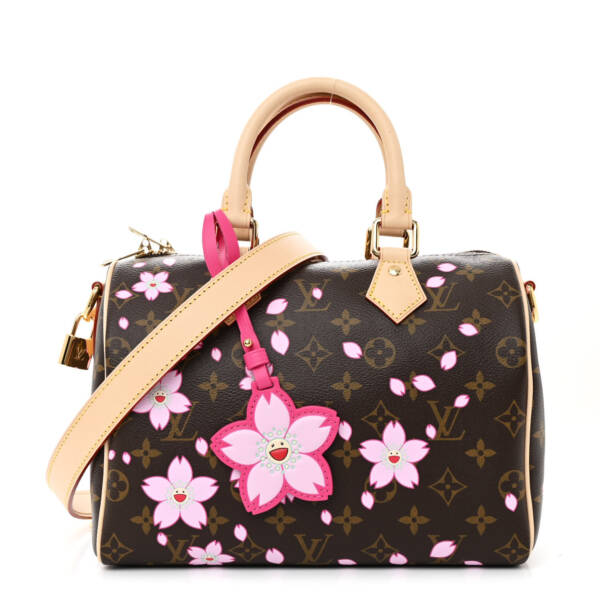
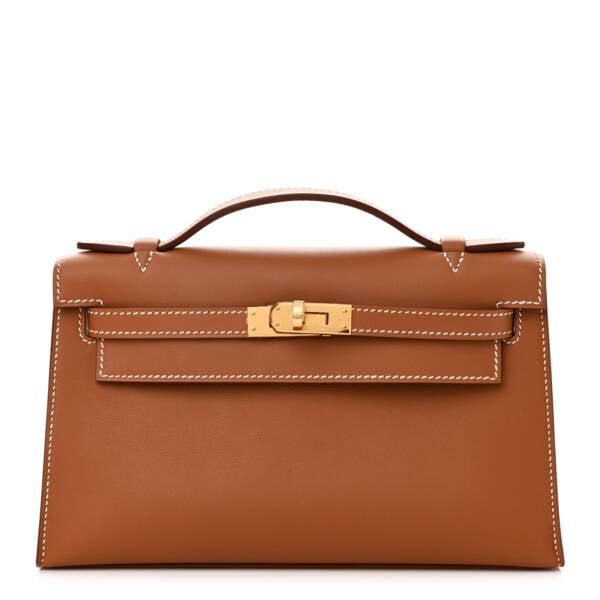
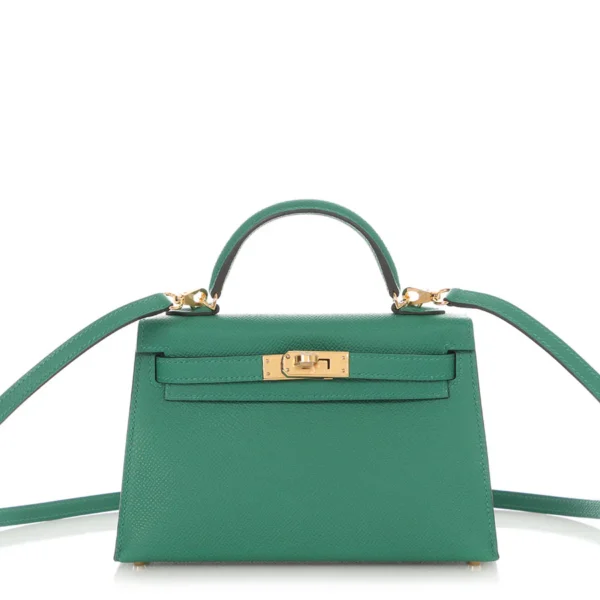

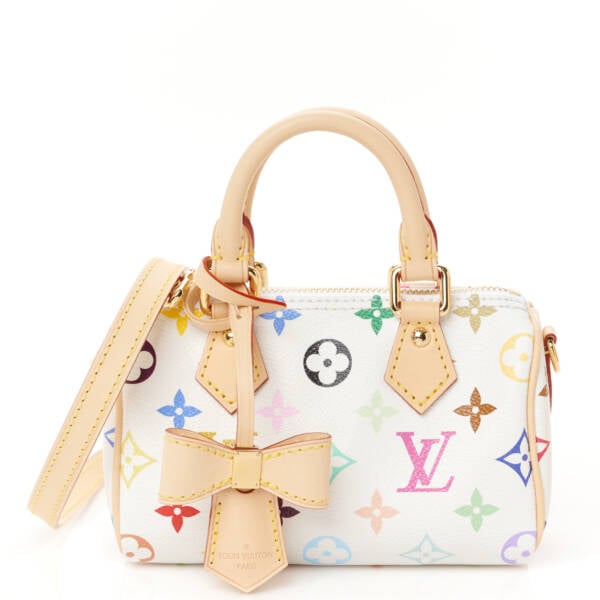
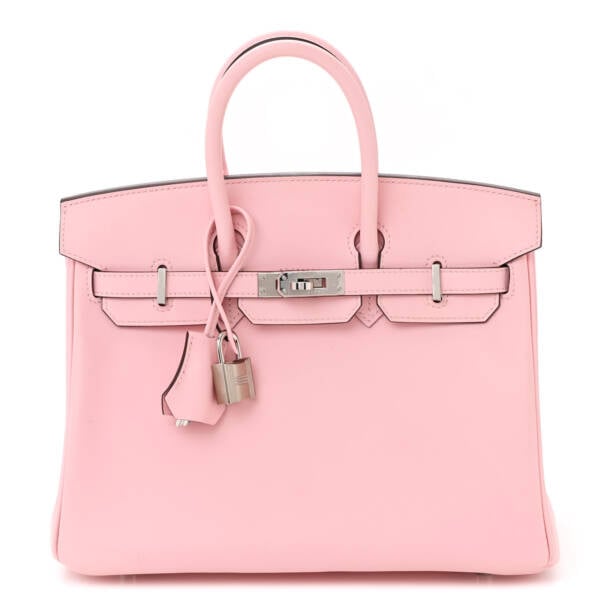
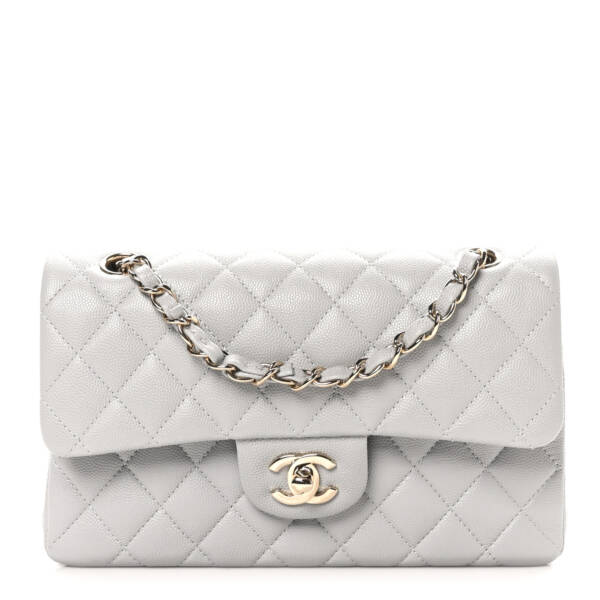
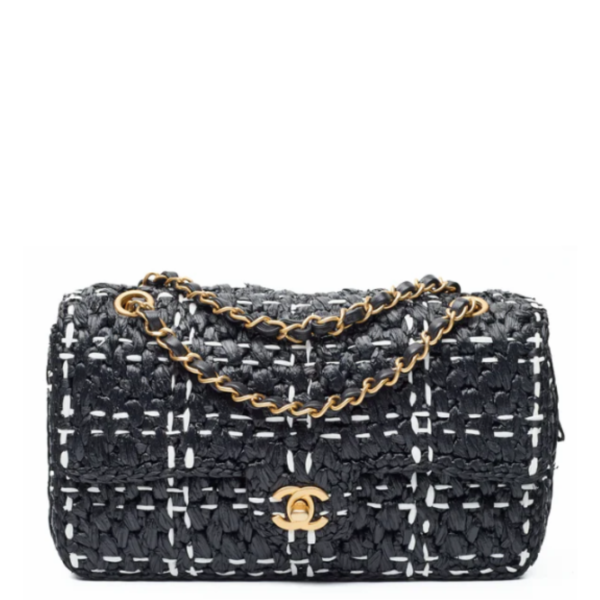


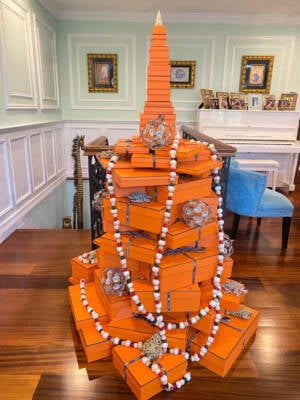
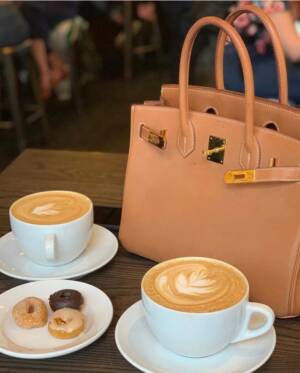
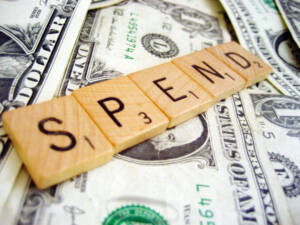
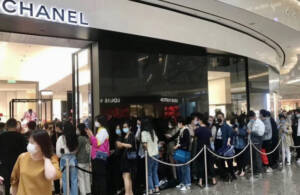
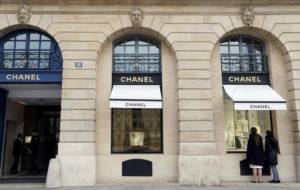
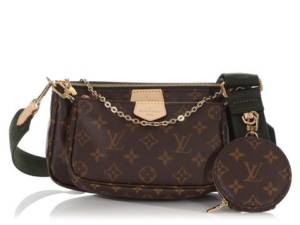



Comments